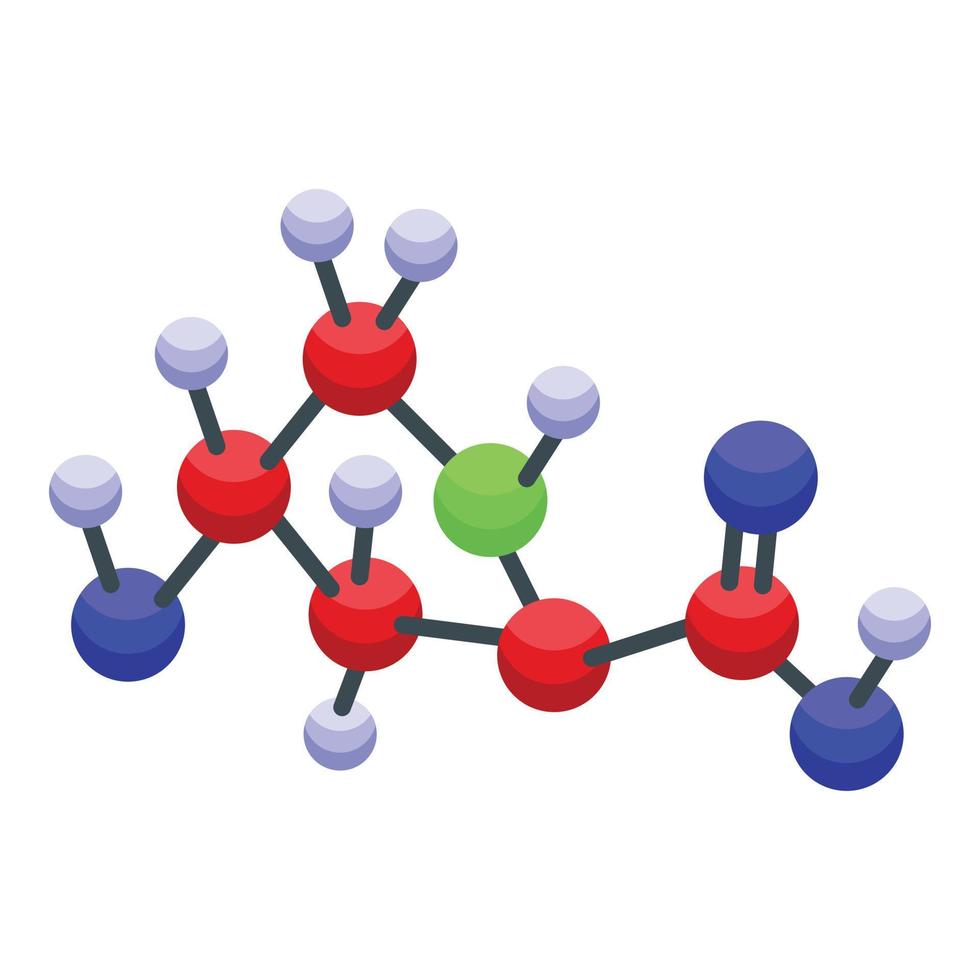Reading time: 5 minutes
Feeling overwhelmed by the buzz around collagen and supplements? You’re not alone! This guide will help you understand what collagen is, its benefits, and how to identify quality products, ensuring you avoid misleading options.
What is Collagen?
Collagen is the most abundant protein in the human body. It’s responsible for the firmness and elasticity of the skin and plays a fundamental role in forming tissues such as organs, blood vessels, tendons, cartilage, bones, hair, and nails.
This protein helps bond cells together, preventing stretch marks, wrinkles, fine lines, cellulite, and premature aging. It’s also essential for maintaining strong and healthy hair and nails.
When it comes to longevity, collagen provides resilience to muscles, bones, and cartilage, making it crucial for those who want to age gracefully while maintaining mobility.
For athletes, collagen is vital for muscle development and gut health, enhancing nutrient absorption. Whether active or sedentary, this protein is a life-long ally.

Why Should You Consume Collagen?
As we age, the body’s natural production of collagen declines. This makes it necessary to replenish collagen through diet or supplementation. By doing so, we can extend the health of various body structures and prevent certain conditions.
Collagen is a critical factor in forming many tissues, helping to prevent cardiovascular diseases, osteoarthritis, cartilage deterioration, joint inflammation, and premature aging. Its regular consumption can reduce pain and discomfort over time, improving overall mobility and longevity.
Types of Collagen
There are almost 30 types of collagen, each catering to specific tissues. For supplementation, here are the three main types to focus on:
- Type I and Type III: Best for improving skin, nails, and hair, as these types have the highest affinity for these tissues.
- Type II: Essential for maintaining healthy muscles and joints, especially for those seeking to prevent or treat inflammation in these areas.

How to Consume Collagen
Collagen intake is primarily linked to diet, but it’s not always possible to get the recommended amount from food alone. Supplementation becomes an effective alternative, available in forms such as capsules, powders, or concentrates.
When consuming collagen-rich foods, the body breaks these large molecules into smaller parts called peptides before absorption. The body then reassembles these peptides into nutrients, which may or may not form collagen.
Collagen is exclusively derived from animal sources. However, plant-based foods such as grains, avocados, carrots, and berries can support the body in producing collagen-like substances.
For better absorption, combining collagen with vitamin C-rich foods like oranges, lemons, or pineapples enhances efficiency, reducing waste.
The Best Collagen for Skin
Collagen plays a significant role in enhancing skin health. Among the various types, type I collagen is particularly beneficial for improving skin elasticity, hydration, and reducing the appearance of wrinkles.
This form of collagen is highly concentrated in the skin, making it ideal for maintaining a youthful and smooth complexion.
Consistent use of collagen has been shown to diminish fine lines, improve skin firmness, and support hydration levels.
These benefits are typically noticeable within 8 to 24 weeks of regular consumption, depending on age and lifestyle factors.

The Best Collagen for Joints
For joint health, type II collagen is the most effective. This type is predominantly found in cartilage and is crucial for preventing or addressing inflammation in joints.
Collagen supports the repair of cartilage damaged by everyday activities or intense physical exertion, which is vital for mobility and flexibility.
Studies indicate that regular collagen consumption can reduce joint pain and discomfort, rebuild cartilage, and support overall joint function.
It is especially valuable for individuals with an active lifestyle or those seeking to maintain joint health as they age.
Supplementation Care
Although collagen supplements can be highly beneficial, it’s important to choose products carefully.
Look for options that minimize unnecessary additives, as some products may include excess carbohydrates or artificial fillers that reduce effectiveness and could pose health risks.
For optimal absorption, it is best to consume collagen in the morning, ideally on an empty stomach or during your first meal, paired with water, juice, or tea.
Combining it with vitamin C-rich foods can further enhance the body’s ability to utilize the supplement efficiently.
General Care for Collagen Supplementation
Supplementing with collagen isn’t as simple as just picking any product off the shelf. Many options on the market contain additives that dilute the effectiveness of collagen or include unwanted ingredients. To ensure maximum benefits, prioritize supplements with minimal fillers and additional nutrients like hyaluronic acid, biotin, and vitamin D, which complement collagen’s effects.
Pay attention to the timing of your intake as well. Consuming collagen in the morning, when the body’s absorption rate is higher, can yield better results. Additionally, combining it with a balanced diet rich in whole foods enhances the overall impact. Pair collagen with foods like citrus fruits or berries to boost absorption and reduce waste.
Conclusion: Why Collagen Matters for Your Health
Collagen is more than just a supplement—it’s an essential building block for maintaining your body’s strength, elasticity, and overall vitality. Whether you’re looking to enhance your skin, support joint health, or promote overall well-being, collagen offers multiple benefits that make it a worthwhile addition to your lifestyle.
By understanding what collagen is and how to incorporate it effectively, you can make informed decisions that align with your health goals. Remember, consistency is key, and pairing collagen supplementation with a healthy, nutrient-rich diet is the best way to unlock its full potential.
FAQ: Frequently Asked Questions About Collagen
1. What is collagen, and why is it important?
Collagen is the most abundant protein in the human body, responsible for maintaining skin elasticity, joint health, and the structural integrity of various tissues, including bones, cartilage, and tendons. It plays a crucial role in keeping your body strong, resilient, and youthful.
2. Can I get enough collagen from food alone?
While foods like bone broth, fish, and chicken skin are rich in collagen, it can be challenging to consume the optimal amount solely through diet. Supplementation is a practical way to ensure your body gets enough collagen, especially as natural production declines with age.
3. How long does it take to see results from collagen supplementation?
The benefits of collagen supplementation, such as improved skin elasticity, reduced wrinkles, and joint pain relief, typically become noticeable after 8 to 12 weeks of consistent use. Results may vary depending on age, lifestyle, and dietary habits.




Permalink
Permalink